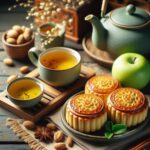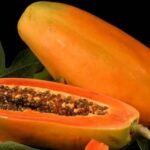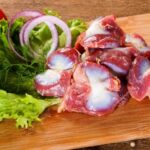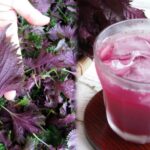Plantain, or Plantago major, is a common weed often found on roadsides, in gardens, and in areas close to human habitation in Vietnam. This hardy plant is easily recognizable by its lush, thick leaves with prominent parallel veins and short stems. Typically growing to a height of just 10 to 15 cm, its vitality is truly remarkable.
Plantain is incredibly resilient, often growing interspersed with other types of weeds and thriving in various soil types. Beyond its familiarity, this weed offers numerous benefits in cuisine and traditional medicine, becoming an integral part of the daily diet of Vietnamese people.
Plantain, a vigorous weed, thrives and grows robustly throughout Vietnam. This herb typically grows in moist soil and is commonly found on roadsides, lawns, fields, and even forgotten garden corners. Despite favoring low light and humidity, plantain exhibits remarkable adaptability, surviving and thriving in arid conditions.
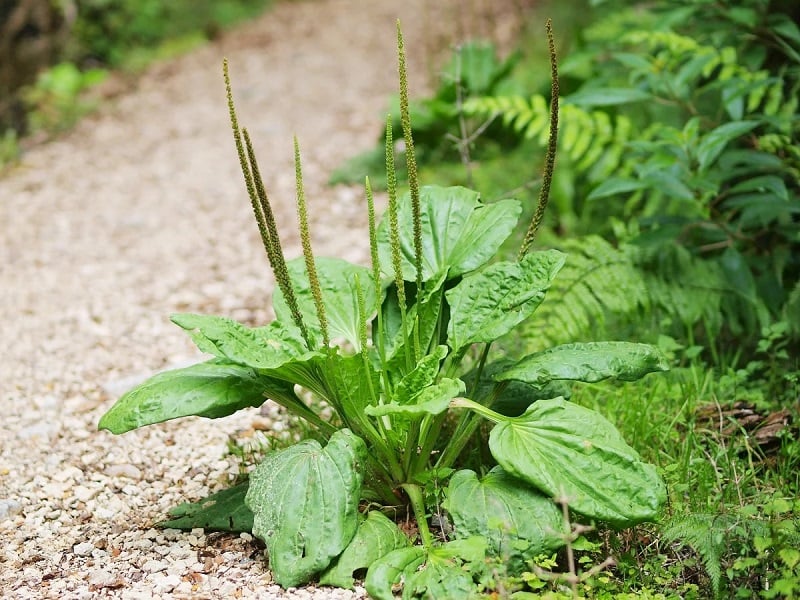
Plantain, a vigorous weed that thrives throughout Vietnam
While many may associate plantain primarily with its heat-clearing and detoxifying properties through infused drinks, this weed offers a plethora of delicious and nutritious culinary options.
In many Asian countries, young plantain leaves are used as a fresh vegetable in meals. In Japan, plantain leaves are often eaten raw and used in traditional seafood soups. In South America and Native American cultures, young leaves are chosen for salads, while older leaves are typically stewed or cooked with meat.
In Vietnam, young plantain leaves are creatively prepared in various dishes such as soups, stir-fries, or herbal salads, not only providing a delightful flavor but also contributing to the consumers’ well-being.
Soup made with plantain leaves and minced meat, shrimp, or crab is a familiar dish from this herb. With its natural sweet and cool taste, the soup is not only refreshing but also perfect for hot summer days. Additionally, plantain leaves can be stir-fried with garlic, resulting in a simple yet delicious dish that easily satisfies diners.
For those who appreciate folklore-inspired cuisine, plantain is used to make herbal salads combined with other fresh herbs, adding a unique freshness and flavor to the meal.
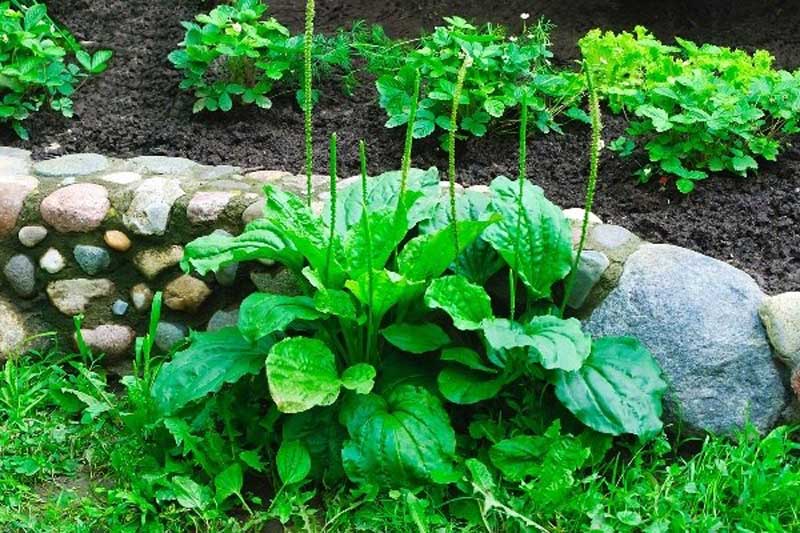
Young plantain leaves transformed into delectable Vietnamese dishes
It’s not just the leaves that are valuable; plantain seeds are also useful in cuisine, especially in desserts. When soaked, the seeds swell up like basil seeds and can be used to make refreshing drinks or cooked into a sweet porridge, creating nutritious and intriguing dishes.
Beyond its culinary value, plantain is highly regarded in traditional medicine. It is considered more than just a roadside weed but a precious herb that confers numerous health benefits.
In the perspective of Eastern medicine, plantain has a sweet taste, a cold nature, and affects the liver, kidneys, and bladder. This plant is known to treat various health issues such as frequent urination, prolonged cough, tracheitis, diarrhea, conjunctivitis, excessive tearing, and improved diuresis.
In Vietnamese traditional medicine, plantain is used as a diuretic, supporting the treatment of urinary tract-related diseases, hemostasis, edema, and relieving cough and diarrhea.
According to master physician Bui Dac Sang from the Hanoi Oriental Medicine Association, plantain leaves are rich in calcium and contain various other minerals. Every 100g of plantain leaves provide a significant amount of vitamin A, equivalent to that found in carrots. The entire plant contains a glucoside called aucubin, along with other compounds such as mucilage, bitter substances, carotene, vitamin C, and vitamin K. The seeds also contain valuable components such as plantagenetic acid and choline.
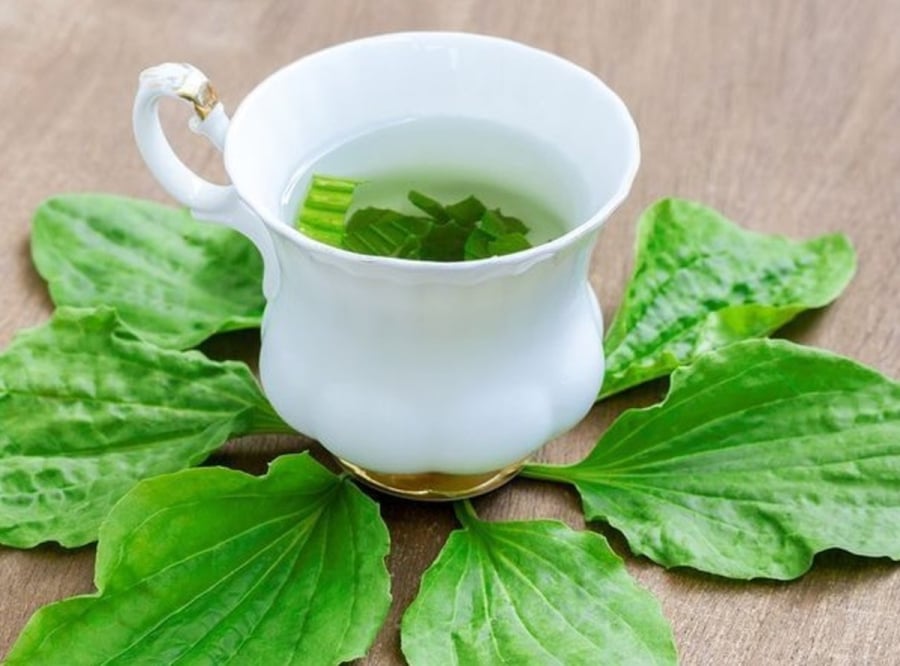
Master physician Bui Dac Sang highlighting the rich calcium and mineral content of plantain leaves
Plantain stands out with its high protein content and essential nutrients like beta-carotene, calcium, vitamin C, and vitamin K. Beta-carotene improves vision and exhibits potential cancer-fighting properties. Calcium is vital for maintaining bone and nervous system health, while vitamin C acts as an antioxidant and reduces stress. Vitamin K is essential for blood circulation and vascular health.
In India, the seeds of Plantago ovata are ground to extract mucilage to prepare Isabgol, a laxative used to treat gastrointestinal issues and constipation. It is also employed to lower cholesterol and blood sugar levels. This mucilage has been utilized in Ayurveda and Unani medicine to address various digestive problems, including chronic constipation and amebic dysentery.
In Bulgaria, the leaves of a specific variety of plantain are used for their antibacterial properties to prevent infections in minor wounds.
Despite its myriad health benefits, the use of plantain may not be safe for everyone. Therefore, consumers should consult a doctor or healthcare professional before incorporating this herb into their regimen.

























